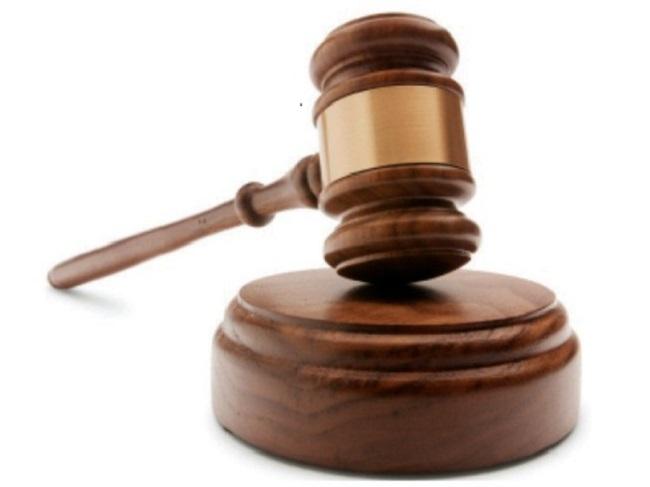 A journal has retracted a warning posted to a paper involved in an authorship dispute, after the issue was resolved in a court case.
A journal has retracted a warning posted to a paper involved in an authorship dispute, after the issue was resolved in a court case.
In an editorial published Jan. 10, editors at the journal Molecules wrote that they were removing the expression of concern for “Helleborus purpurascens—Amino Acid and Peptide Analysis Linked to the Chemical and Antiproliferative Properties of the Extracted Compounds.”
The editors flagged the 2015 paper in June, 2016 after a researcher in Germany also claimed authorship. In the 2016 notice, the editors wrote:
we wish to advise readers that Molecules has been informed that its authorship is currently in dispute and the subject of a formal lawsuit.
According to the journal, the legal dispute has been resolved, in favor of the authors listed on the paper. Molecules Editor-in-Chief Derek McPhee told Retraction Watch that the journal had been monitoring the case in the Romanian courts. According to McPhee, the dispute was over ownership of data, but who filed the lawsuit isn’t clear.
When the journal learned a decision had been reached, it obtained a copy of the judgment on Nov. 9, 2017, and consulted a colleague who spoke Romanian. McPhee said:
It became clear the authors were in the clear and had rights to the data. That was the only question holding up the paper. With that gone, we removed the expression of concern.
The journal has added a banner at the top of the article page with a link to the editorial.
We’ve contacted the first author of the paper regarding the latest court decision, but haven’t heard back.
In the editorial, McPhee and another editor, Isabel Ferreira, write that with the court’s decision, no changes to the paper’s authorship were required:
We wish to reiterate that the published authors were found not to be at fault in choosing to publish the article in Molecules and were responsible for all aspects of the reported work.
The journal provided Retraction Watch with some court documents (in Romanian).
The 2015 paper has been cited once, by the expression of concern, according to Clarivate Analytics’ Web of Science.
Rejections, of manuscripts and authors
In 2016, Retraction Watch reported on the expression of concern, but never published a story. At that time, we spoke with the paper’s first author, Adina-Elena Segneanu, who was at the National Institute for Research and Development in Electrochemistry and Condensed Matter (INCEMC) in Timisoara, Romania. She told us the authorship dispute was based on “false accusations” from Ion Neda, a professor at the Braunschweig University of Technology in Germany. She told us Neda was claiming credit for work in her paper that Segneanu says he never did. She added:
…in accordance with Romanian law, all intellectual property rights on [the] scientific work belong (sic) to us.
Neda also spoke to us back in 2016. He told us:
I was the project manager under whose responsibility the results were mainly produced and financed.
He noted that he didn’t want to be added as a co-author; instead, he wanted the paper to be retracted. He said the authors had incorrectly interpreted the study results and that other journals had rejected the paper in 2012 and 2013. He forwarded to us two rejection letters that listed him as an author of the paper.
Following the court judgment, we reached out again to Neda, who told us in an email he couldn’t provide any information about the court case.
At the time Molecules flagged the paper, Segneanu’s co-author Ioan Grozescu, also of INCEMC, criticized the journal for the way it handled the note of concern. In a letter to the journal that Segneanu shared with us in 2016, he wrote:
…since we are the authors of this paper, you should have made us aware of this notice or you should have provided us access to this notice, so that we could express our own point of view. Since we are talking about a scientific publication, the undersigned had the right to express their opinion in regards to the notice and had the “right for reply,” a term commonly used in the written press.
The Expression of Concern lasted for 18 months; in many other cases, these flags from journals linger for much longer — and are sometimes never resolved.
With reporting by Dalmeet Singh Chawla
Like Retraction Watch? Consider making a tax-deductible contribution to support our growth. You can also follow us on Twitter, like us on Facebook, add us to your RSS reader, sign up on our homepage for an email every time there’s a new post, or subscribe to our daily digest. Click here to review our Comments Policy. For a sneak peek at what we’re working on, click here. If you have comments or feedback, you can reach us at [email protected].
The real surprise is that the ONLY citation to this paper in 3+ years was the now-withdrawn expression of concern…